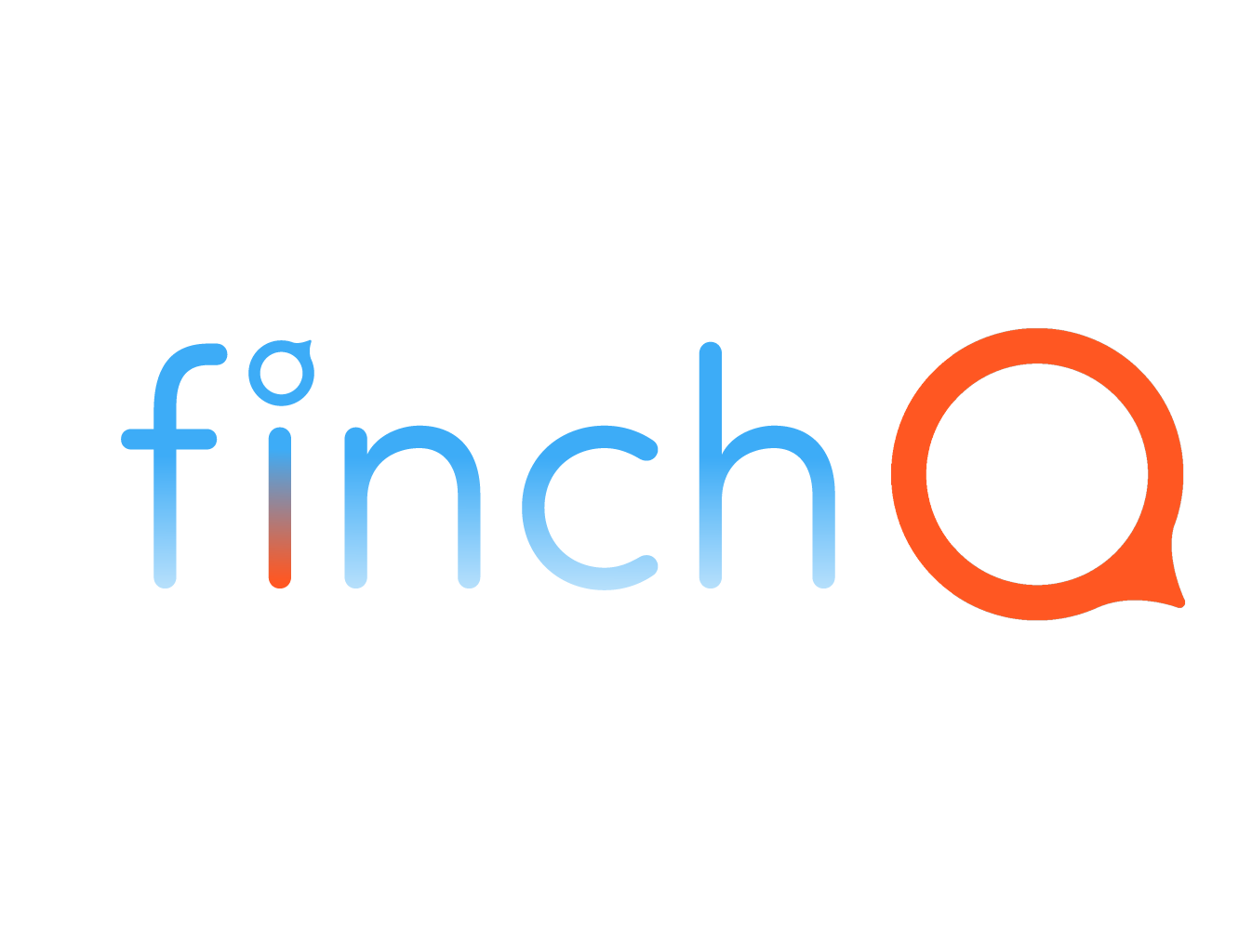The Shape of Knowing: How Data Speaks, and Finch Q Listens
You hear footsteps in another room.
You don’t need to see who it is.
You already know — just by the pace, the weight, the pattern.
That’s not a guess. That’s data.
We don’t often think of it that way, but we are immersed in data every moment.
It flows through light and shadow, through the rise and fall of breath, the slouch of a shoulder, the pause before a word. Our brains are constantly gathering, processing, and interpreting this data — often without our conscious effort.
This is the story of how information travels without needing words, how waves become meaning, and how Finch Q is designed to read your data like a close companion would — attentively, gently, helpfully.
Data Beyond the Obvious
Imagine seeing your spouse silhouetted behind frosted glass. You know it's them — not from their face, but from the way they shift their weight.
Or hearing a door creak followed by the soft drag of slippers. Again, you know.
This is the brain operating in its native language: pattern recognition.
We recognize loved ones by:
* The rhythm of their walk
* The tone of their voice
* The way they sneeze
* Even the hesitation in their typing
Our senses translate environmental signals into patterns we understand.
Those patterns? They’re data.
Data Has No Fixed Form — Just Purpose
Physicist **Max Tegmark** posits that **everything in the universe, including consciousness, can be described as a mathematical structure**.
In his view, the universe isn’t just made of stuff — it’s made of information. Matter, waves, and space-time itself can be described by patterns of data.
Whether it’s:
* A sound wave carrying a voice
* A light wave creating an image
* A gravitational wave rippling through space
— all are just different forms of data, traveling through different media.
What matters is not the form, but the information it contains — and our ability to interpret it.
Your Brain as a Pattern Decoder
We assign emotion to sounds, mood to postures, intention to silence. We sense fear, joy, stress, or peace from someone’s energy long before they speak. This is our native intelligence:
* Cross-modal perception
* Memory-based recognition
* Environmental interpretation
And we’re doing it constantly — identifying, differentiating, predicting.
This is how we know who’s at the door.
How we can tell someone’s sad just by the way they stir their coffee.
How we tell friend from foe in the dark — by shape, by movement, by rhythm.
Finch Q: Reading Your Body's Native Language
Finch Q is built on that same principle:
To listen to your body’s data, learn your patterns, and gently raise a flag when something deviates.
Just like a loved one might say, “You’re not walking quite right. Are you okay?” — Finch Q observes quietly and then speaks up when needed.
It learns your:
* Gait pattern — the signature of your walking
* Heart rate rhythms — your stress, calm, recovery
* Sleep movement — how well you’re resting
* Daily routine — when something feels off
These are waves of data, carrying information across your day. Finch Q watches them for meaning — not to overwhelm you with numbers, but to offer insight, context, and care.
The Physics of Presence
Data isn’t just what’s written or spoken.
It’s everything your body does and everything your environment responds to.
As Tegmark and others suggest, the universe — including your body, your health, your mood — is a tapestry of interrelated data patterns.
And like all patterns, the key to understanding lies in the difference between “what’s normal” and “what’s new.”
That’s where Finch Q shines:
* It knows your normal.
* It spots your “new.”
* And it starts a conversation about it — respectfully, helpfully, quietly.
The Benefit of Listening Well
This isn't about replacing the human connection.
It’s about building a digital one that emulates the attentiveness of someone who truly knows you.
Because sometimes you need a second pair of eyes.
Or ears.
Or an app on your wrist that notices the subtle things you don’t have time to notice.
Especially when you live alone. Especially when you're busy caring for others. Especially when the early signs of imbalance, dehydration, fatigue, or instability are still whisper-quiet.
Finch Q helps you catch those whispers.
Final Thoughts: What the Data Says
We often talk about data like it's cold or impersonal.
But when used well, data is one of the most compassionate things there is.
It listens. It remembers. It notices.
Finch Q was created with that in mind — not just to record your steps, but to understand your movement, your rhythm, your flow. To know your quiet patterns and raise a hand when something might need attention.
Because the body speaks long before it breaks.
And now, finally, there’s someone — or something — paying attention.
